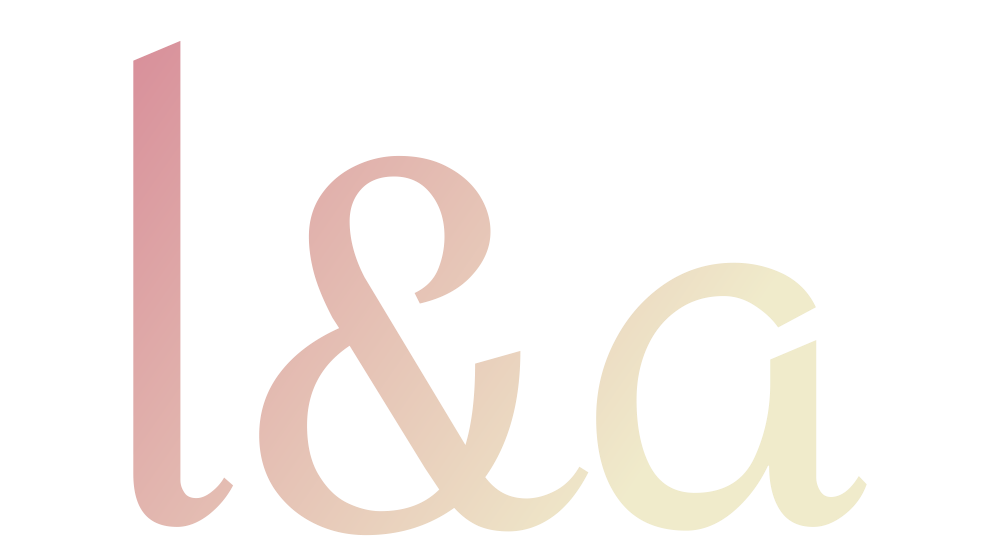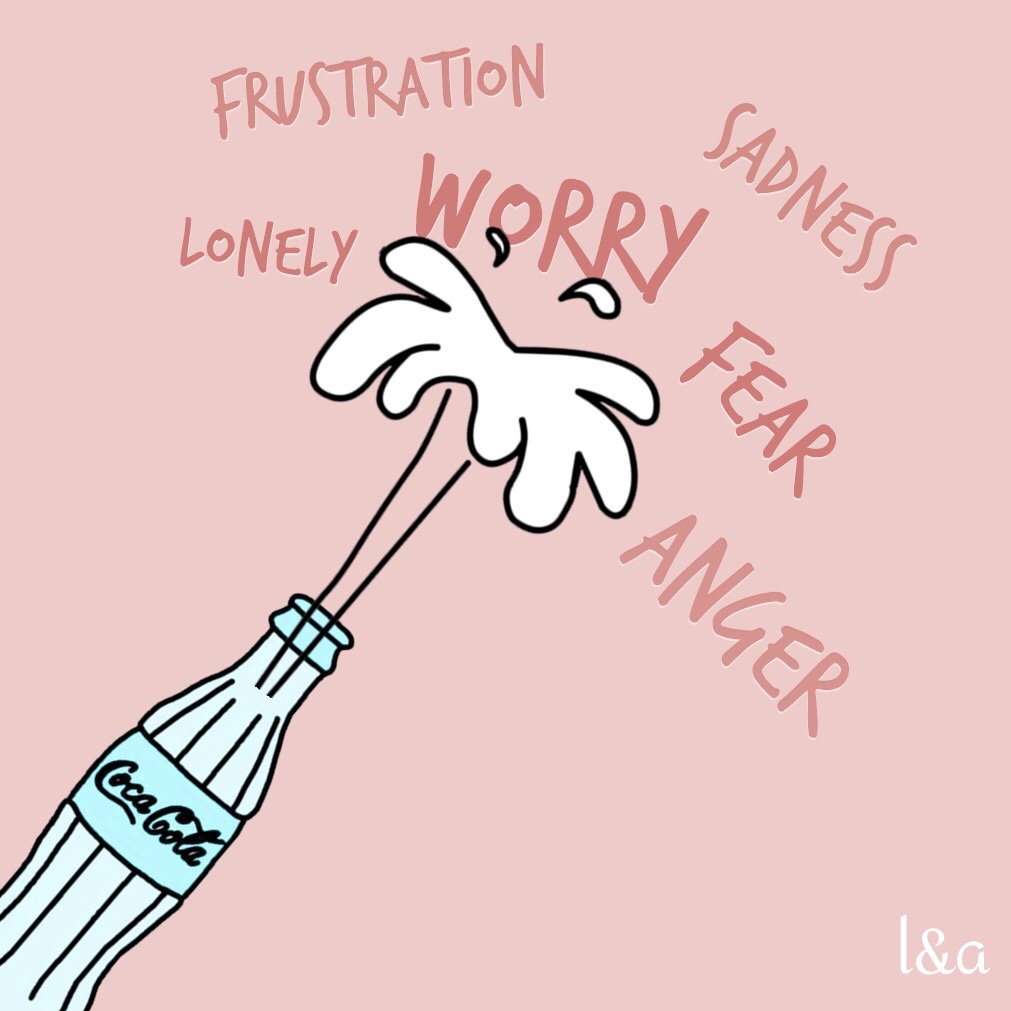How we respond to our children’s big feelings matter.
How we meet their big feelings, is how they will learn to meet their own feelings.
You might have been raised with the idea that some of your feelings were ok and that some were not. For example, maybe frustration was ok to express but sadness was not and you were told to “stop crying.”
Maybe you were raised in a family that hid all feelings and “swept” everything under the rug. Or maybe you heard often to not feel a certain way. For example: “Oh, don’t be sad about that.” or “you don’t need to get angry.”
In responding to your own kids feelings, you may meet your child’s feelings the same way yours were met.
I’ve caught myself say to my 3 year old “Don’t be angry.” And maybe it’s the therapist in me but I cringe when I say it and immediately take it back. A 3 year old shows their anger in their actions and behaviors. I’ve learned to say “you can be angry but you can’t _____________ (insert behavior, ex: throw a toy). This way his feeling is acknowledged and validated that it’s ok to feel it but his behavior is not ok.
[~~~I once heard someone say to my crying kid that “men don’t cry.” I about lost it. First of all he was 2 at the time, far from being a man, and secondly and most importantly, isn’t that the problem? We tell our boys to not express their feelings by crying. And then we wonder why men don’t want to talk about their feelings?? Ok, I’m off my soapbox~~~].
Because a child learns to not express a certain emotion, doesn’t mean it’s not there. He learns to avoid it, he learns to keep it in…to bottle it up but at some point or in some way it will come out.
Think of a soda bottle. What happens when you shake it too much?
It explodes when you take the top off.
Think of each feeling as a “shake.” She feels sad (“shake”), she feels worried (“shake”), he feels anger, (“shake”), he feels scared (“shake.”) Eventually your kid will “explode” and what you see is a child or a teenager who is over the top angry, having a complete meltdown, or very anxious.
How they learn to meet their feelings now, will be carried on to adulthood.
Think about your own family of origin…which feelings were acceptable and which were not? Which did you learn to avoid, to bottle up?
What can we do to teach our kids to respond to feelings in a healthy way?
We can validate their feelings and normalize them. Feelings are part of being human.
We can teach them that:
1. Emotions are like the ocean. They come in waves….they come and they go. Some waves may be stronger than others, but they all pass.
2. Feelings help them set boundaries. It helps them learn their limits. What they can tolerate and can’t.
3. Feelings don’t define them. They are not a good kid or a bad kid for having a certain feeling.
4. Feelings don’t make them unlovable. Their behavior during a “wave” may not be acceptable, but no matter how big their feeling is, you will still love them and you can handle it.
As parents we tend to want to “fix” instead of allowing our kids to sit in their feelings. We have good intentions and come from a loving place but ultimately what we do is dismiss the feeling and solve the problem for them.
Let’s help our kids become adults who don’t avoid or bottle up their feelings and learn how to express them in healthy ways. Can you imagine what kind of world that would be?



Be the first to reply